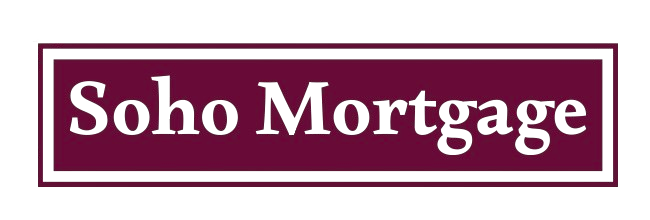In recent years, home gyms have become a popular feature for homeowners seeking convenience, privacy, and a healthier lifestyle. However, when it comes to financing a property with a home gym, there are unique considerations that can impact your mortgage process. Understanding how a home gym influences mortgage approval and terms can help you make informed decisions and effectively manage your home financing. This guide explores the impact of home gyms on mortgages and offers tips for navigating the financing process.
How Home Gyms Affect Mortgage Approval
- Property Value and Appraisal
- Value Addition: A well-designed home gym can enhance the value of a property, particularly for buyers who value fitness amenities. Appraisers will consider the gym as part of the overall property value, which can positively influence the appraisal.
- Market Demand: The impact of a home gym on property value varies depending on the local real estate market. In some areas, home gyms are highly desirable and can boost property value, while in others, they may have a minimal impact.
- Insurance Considerations
- Increased Coverage: Properties with home gyms may require additional insurance coverage to protect against potential risks, such as injuries or equipment damage. This can lead to higher insurance premiums, which may be factored into the mortgage application process.
- Specialized Insurance: Some insurance policies may offer specialized coverage for home gyms, including liability protection and equipment coverage.
- Maintenance and Upkeep
- Ongoing Costs: Maintaining a home gym involves costs such as equipment maintenance, repairs, and utilities. These ongoing expenses should be considered when evaluating your overall budget and mortgage affordability.
- Potential Repairs: If the gym is not in good condition, it may require repairs or upgrades, which could impact your budget and loan approval process.
- Impact on Loan-to-Value Ratio
- Property Value Increase: If the home gym adds significant value to the property, it can impact the loan-to-value (LTV) ratio. A higher property value can potentially allow for a larger loan amount or better loan terms.
- Equity Considerations: Be mindful of how the value added by the home gym affects your equity in the property. This can influence future refinancing options or home equity loans.
Financing Options for Properties with Home Gyms
- Conventional Mortgages
- Standard Loans: Conventional mortgages can be used to finance properties with home gyms. Lenders will evaluate the overall property value, including the gym, when determining loan terms.
- Impact on Loan Terms: The presence of a home gym can impact the appraisal and, consequently, the loan-to-value ratio, potentially affecting the loan amount and terms offered by lenders.
- FHA Loans
- Eligibility: Federal Housing Administration (FHA) loans can be used for properties with home gyms, provided the property meets FHA requirements. The gym will be considered part of the property’s overall appraisal.
- Additional Costs: FHA loans may have specific requirements related to property condition and value, so ensure that the home gym complies with FHA standards.
- VA Loans
- Loan Benefits: Veterans Affairs (VA) loans can be used for properties with home gyms, as long as the property meets VA standards. The gym’s impact on the property value and appraisal will be considered.
- Property Condition: VA appraisers will assess the condition and quality of the home gym as part of their evaluation, ensuring it meets safety and functional requirements.
- Specialized Financing
- Renovation Loans: If you are adding or upgrading a home gym, renovation loans like Fannie Mae HomeStyle or FHA 203(k) can help finance the improvements. These loans cover the cost of property enhancements and repairs.
- Luxury Property Loans: For high-value properties with elaborate home gyms, luxury or high-net-worth lending options may be available. These loans cater to unique property features and higher loan amounts.
Tips for Financing a Property with a Home Gym
- Evaluate the Gym’s Impact: Consider how the home gym adds value to the property and how it may influence the appraisal and loan terms. Provide detailed information about the gym’s design, equipment, and condition.
- Work with Real Estate Experts: Consult with real estate agents and mortgage brokers who have experience with properties featuring home gyms. Their expertise can help you navigate the specific considerations and financing options.
- Budget for Ongoing Costs: Factor in the costs associated with maintaining and operating the home gym, including equipment maintenance, repairs, and utilities. Ensure these expenses fit within your overall budget.
- Review Insurance Requirements: Ensure you have adequate insurance coverage for the home gym and its associated risks. This will protect your investment and help avoid potential issues with mortgage approval.
- Check Local Regulations: Verify that the home gym complies with local regulations and zoning laws. Address any required modifications or compliance issues before applying for a mortgage.
Conclusion
A home gym can be a valuable and appealing feature that enhances your property’s functionality and enjoyment. However, it also introduces unique considerations in the mortgage process, including appraisal, insurance, and maintenance costs. By understanding these factors and working with experts, you can effectively navigate the financing process and make the most of your property’s amenities.

